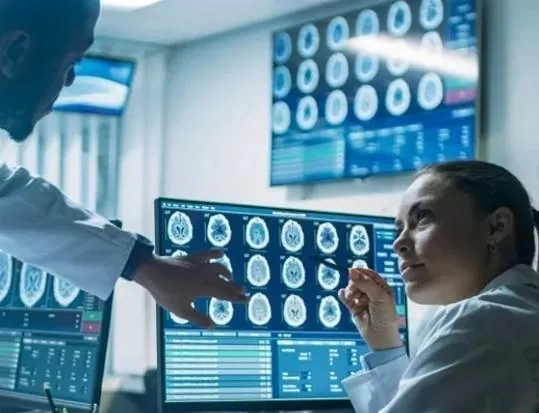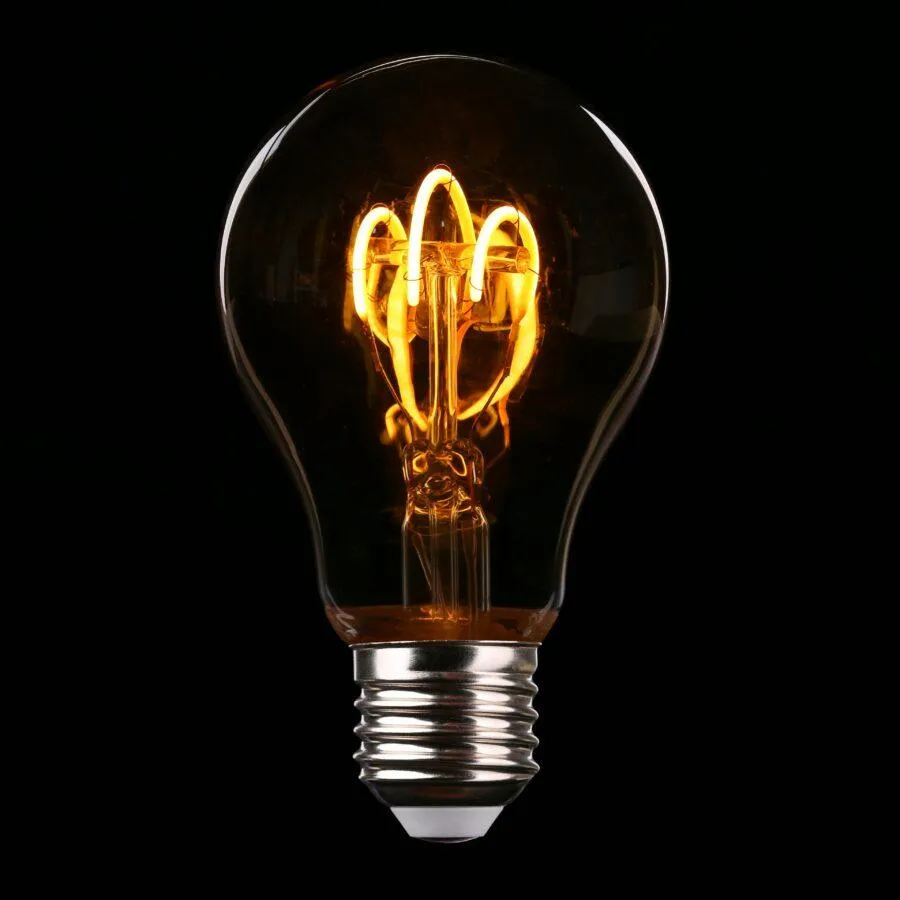From Overwhelmed to Overcoming: Where Biblical Wisdom Meets Modern Science for Lasting Wellbeing
My Purpose, My Goal
“70% of Americans report experiencing physical or nonphysical symptoms of stress” (Langshur & Klemp, 2016, p. 194), while “60% of workers report symptoms of burnout, characterized by energy depletion, mental distance from their job, and reduced professional efficacy” (Abramson, 2022), and “83% of professionals struggle with poor work-life balance, significantly increasing their risk of chronic stress, anxiety, depression, and severe health conditions” (Hreha, 2023).
In our hyper-connected world where work and life boundaries have vanished, millions wake up to endless demands—yet both research and timeless wisdom confirm we weren’t designed to live this way, and we don’t have to!
As your coach, my intention is to walk beside you as a guide, sharing a path I have discovered through rigorous research, time-tested wisdom, and my experience as a coach and educator. Think of this web site and my coaching as your practical roadmap that combines cutting-edge science with Biblical wisdom to help you navigate from overwhelmed to well-being.
My purpose and goal is to help you discover how mindfulness practices will help you learn to “Take captive every thought (2 Corinthians 10:5) and be transformed by the renewing of your mind” (Romans 12:2). To use mindfulness as a means to reduce stress and burnout while improving work-life balance and emotional intelligence.
My purpose and goal started with a profound insight from Langspur and Klemp (2016):
“We can choose to let ordinary habits of the mind fly the plane, so stress and tension take us to our usual destination. Or we can redirect our attention to train our minds to experience a more optimal state of well-being”
(Langshur & Klemp, Ph.D., 2016, p. 33).
Mindfulness
Your Pathway from Stress and Burnout to Balance and Well-being
Jon Kabat-Zinn, founder of the influential Mindfulness-Based Stress Reduction (MBSR) program, describes mindfulness “as the awareness that arises from paying attention on purpose, in the present moment, and non-judgmentally” (Kabat-Zinn, 2023, p. xi). Research consistently demonstrates that mindfulness practices create measurable, transformative change:
35% reduction in perceived stress levels.
60% improvement in work-life balance satisfaction.
40% increase in focus and concentration abilities.
38% enhancement in decision-making quality under pressure.
32% improvement in relationship satisfaction and communication.
I believe you have the power to develop enhanced emotional intelligence and create the balanced, fulfilling life you deserve. I’m here to help you discover that clear path forward. Let’s start this journey together today.
From Overwhelmed to Overcoming: Where Biblical Wisdom Meets Modern Science for Lasting Wellbeing
My Purpose, My Goal
“70% of Americans report experiencing physical or nonphysical symptoms of stress” (Langshur & Klemp, 2016, p. 194), while “60% of workers report symptoms of burnout, characterized by energy depletion, mental distance from their job, and reduced professional efficacy” (Abramson, 2022), and “83% of professionals struggle with poor work-life balance, significantly increasing their risk of chronic stress, anxiety, depression, and severe health conditions” (Hreha, 2023).
In our hyper-connected world where work and life boundaries have vanished, millions wake up to endless demands—yet both research and timeless wisdom confirm we weren’t designed to live this way, and we don’t have to!
As your coach, my intention is to walk beside you as a guide, sharing a path I have discovered through rigorous research, time-tested wisdom, and my experience as a coach and educator. Think of this web site and my coaching as your practical roadmap that combines cutting-edge science with Biblical wisdom to help you navigate from overwhelmed to well-being.
My purpose and goal is to help you discover how mindfulness practices will help you learn to “Take captive every thought (2 Corinthians 10:5) and be transformed by the renewing of your mind” (Romans 12:2). To use mindfulness as a means to reduce stress and burnout while improving work-life balance and emotional intelligence.
My purpose and goal started with a profound insight from Langspur and Klemp (2016):
“We can choose to let ordinary habits of the mind fly the plane, so stress and tension take us to our usual destination. Or we can redirect our attention to train our minds to experience a more optimal state of well-being”
(Langshur & Klemp, Ph.D., 2016, p. 33).
Mindfulness
Your Pathway from Stress and Burnout to Balance and Well-being
Jon Kabat-Zinn, founder of the influential Mindfulness-Based Stress Reduction (MBSR) program, describes mindfulness “as the awareness that arises from paying attention on purpose, in the present moment, and non-judgmentally” (Kabat-Zinn, 2023, p. xi). Research consistently demonstrates that mindfulness practices create measurable, transformative change:
35% reduction in perceived stress levels.
60% improvement in work-life balance satisfaction.
40% increase in focus and concentration abilities.
38% enhancement in decision-making quality under pressure.
32% improvement in relationship satisfaction and communication.
I believe you have the power to develop enhanced emotional intelligence and create the balanced, fulfilling life you deserve. I’m here to help you discover that clear path forward. Let’s start this journey together today.
Understanding Mindfulness: Where Biblical Wisdom Meets Modern Science
Review the following insights to see how convergence of Biblical wisdom and modern science aligns to provide solutions for reducing stress and burnout, while improving work-life balance and emotional intelligence.

Biblical Wisdom
“Come to me, all you who are weary and burdened, and I will give you rest. Take my yoke upon you and learn from me, for I am gentle and humble in heart, and you will find rest for your souls. For my yoke is easy, and my burden is light” (Matthew 11:28-30, New International Version, 1973/1997). This passage acknowledges the reality of feeling overwhelmed and offers a path to finding rest and balance by yielding our control to God. The concept of taking on a “light burden” can be interpreted as finding sustainable ways to manage our responsibilities.

Neuroscience Research
Research at Harvard Medical School, led by Sara Lazar, indicates that “meditation practices can physically alter brain regions involved in processing sensations, thoughts, and emotions. Furthermore, the findings suggest that meditation might help slow down the natural deterioration of brain tissue that occurs with aging” (Lazar et al., 2005).
According to Brunette (2023), “scientists have found measurable evidence that meditation affects brain function. When examining meditation practitioners, researchers observed increased neural activity in areas of the brain associated with emotional well-being, particularly noting heightened engagement in the left prefrontal region, which plays a crucial role in managing stress responses” (Brunette, 2023, p. 7).

Social Science Research
A comprehensive meta-analysis by Khoury et al. (2015) published in the Journal of Consulting and Clinical Psychology analyzed 209 studies involving 12,145 participants and found that “mindfulness-based interventions were consistently effective in reducing anxiety, depression, and stress across diverse populations and settings” (Khoury et al., 2015). Clinical trials have revealed that “specific mindfulness techniques, particularly those emphasizing focused attention and open monitoring, show significant promise in addressing the emotional exhaustion that characterizes burnout. Studies suggest that practicing self-compassion and extending caring thoughts toward others can help individuals feel more connected and emotionally resilient” (Shoker et al., 2024).

Thought Leadership
Jon Kabat-Zinn (Founder of Mindfulness-Based Stress Reduction): “You can’t stop the waves, but you can learn to surf.” This widely-attributed quote emphasizes that mindfulness isn’t about eliminating stressors but fundamentally changing our relationship with them, implying that we can learn to navigate stress more efficiently and resiliently. (Source: Often cited in his books and talks, including “Full Catastrophe Living: Using the Wisdom of Your Body and Mind to Face Stress, Pain, and Illness.”)
Shauna Shapiro (Professor and Author): “Mindfulness is not about getting rid of thoughts; it’s about getting better at seeing them as thoughts.” This insight highlights how mindfulness helps us detach from stressful thought patterns, reducing their power over our emotional and physical responses. (Source: “Good Morning, I Love You: Mindfulness & Self-Compassion Practices to Nourish Your Relationships—and Your Heart”)
Learn to use the space between being triggered and reacting with old counterproductive habits. The space is not a waiting room but a sacred space where mindfulness and emotional intelligence thrive. A long-term transformation is not only scientifically possible but biblically assured. Let’s start the journey today.
Understanding Mindfulness: Where Biblical Wisdom Meets Modern Science
Review the following insights to see how convergence of Biblical wisdom and modern science aligns to provide solutions for reducing stress and burnout, while improving work-life balance and emotional intelligence.

Biblical Wisdom
“Come to me, all you who are weary and burdened, and I will give you rest. Take my yoke upon you and learn from me, for I am gentle and humble in heart, and you will find rest for your souls. For my yoke is easy, and my burden is light” (Matthew 11:28-30, New International Version, 1973/1997). This passage acknowledges the reality of feeling overwhelmed and offers a path to finding rest and balance by yielding our control to God. The concept of taking on a “light burden” can be interpreted as finding sustainable ways to manage our responsibilities.

Neuroscience Research
Research at Harvard Medical School, led by Sara Lazar, indicates that “meditation practices can physically alter brain regions involved in processing sensations, thoughts, and emotions. Furthermore, the findings suggest that meditation might help slow down the natural deterioration of brain tissue that occurs with aging” (Lazar et al., 2005).
According to Brunette (2023), “scientists have found measurable evidence that meditation affects brain function. When examining meditation practitioners, researchers observed increased neural activity in areas of the brain associated with emotional well-being, particularly noting heightened engagement in the left prefrontal region, which plays a crucial role in managing stress responses” (Brunette, 2023, p. 7).

Social Science Research
A comprehensive meta-analysis by Khoury et al. (2015) published in the Journal of Consulting and Clinical Psychology analyzed 209 studies involving 12,145 participants and found that “mindfulness-based interventions were consistently effective in reducing anxiety, depression, and stress across diverse populations and settings” (Khoury et al., 2015). Clinical trials have revealed that “specific mindfulness techniques, particularly those emphasizing focused attention and open monitoring, show significant promise in addressing the emotional exhaustion that characterizes burnout. Studies suggest that practicing self-compassion and extending caring thoughts toward others can help individuals feel more connected and emotionally resilient” (Shoker et al., 2024).

Thought Leadership
Jon Kabat-Zinn (Founder of Mindfulness-Based Stress Reduction): “You can’t stop the waves, but you can learn to surf.” This widely-attributed quote emphasizes that mindfulness isn’t about eliminating stressors but fundamentally changing our relationship with them, implying that we can learn to navigate stress more efficiently and resiliently. (Source: Often cited in his books and talks, including “Full Catastrophe Living: Using the Wisdom of Your Body and Mind to Face Stress, Pain, and Illness.”)
Shauna Shapiro (Professor and Author): “Mindfulness is not about getting rid of thoughts; it’s about getting better at seeing them as thoughts.” This insight highlights how mindfulness helps us detach from stressful thought patterns, reducing their power over our emotional and physical responses. (Source: “Good Morning, I Love You: Mindfulness & Self-Compassion Practices to Nourish Your Relationships—and Your Heart”)
Learn to use the space between being triggered and reacting with old counterproductive habits. The space is not a waiting room but a sacred space where mindfulness and emotional intelligence thrive. A long-term transformation is not only scientifically possible but biblically assured. Let’s start the journey today.
© 2025 Thomas Norris
© 2025 Thomas Norris